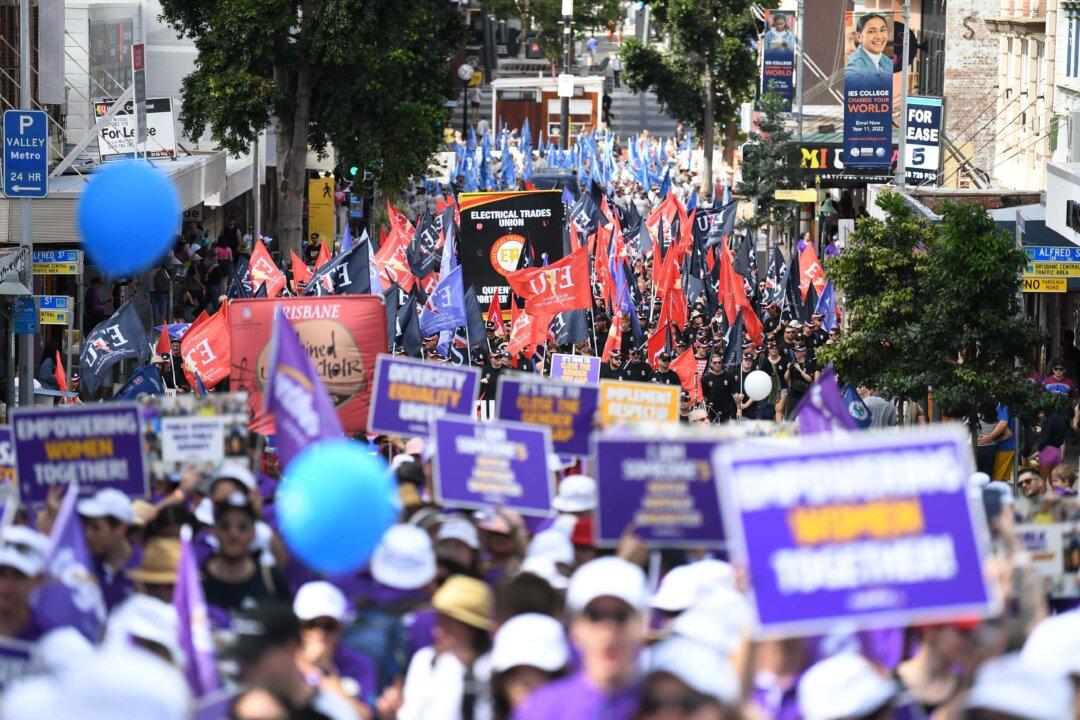The Community and Public Sector Union (CPSU) has criticised the federal government for its lack of support for diverse workers, saying it brought into question the Albanese government’s commitment to being a model employer.
The comments from the CPSU come after the Australian Public Service Commission (APSC) rejected several proposals put forward by the union around leave entitlements for disabled and transgender public servants.




